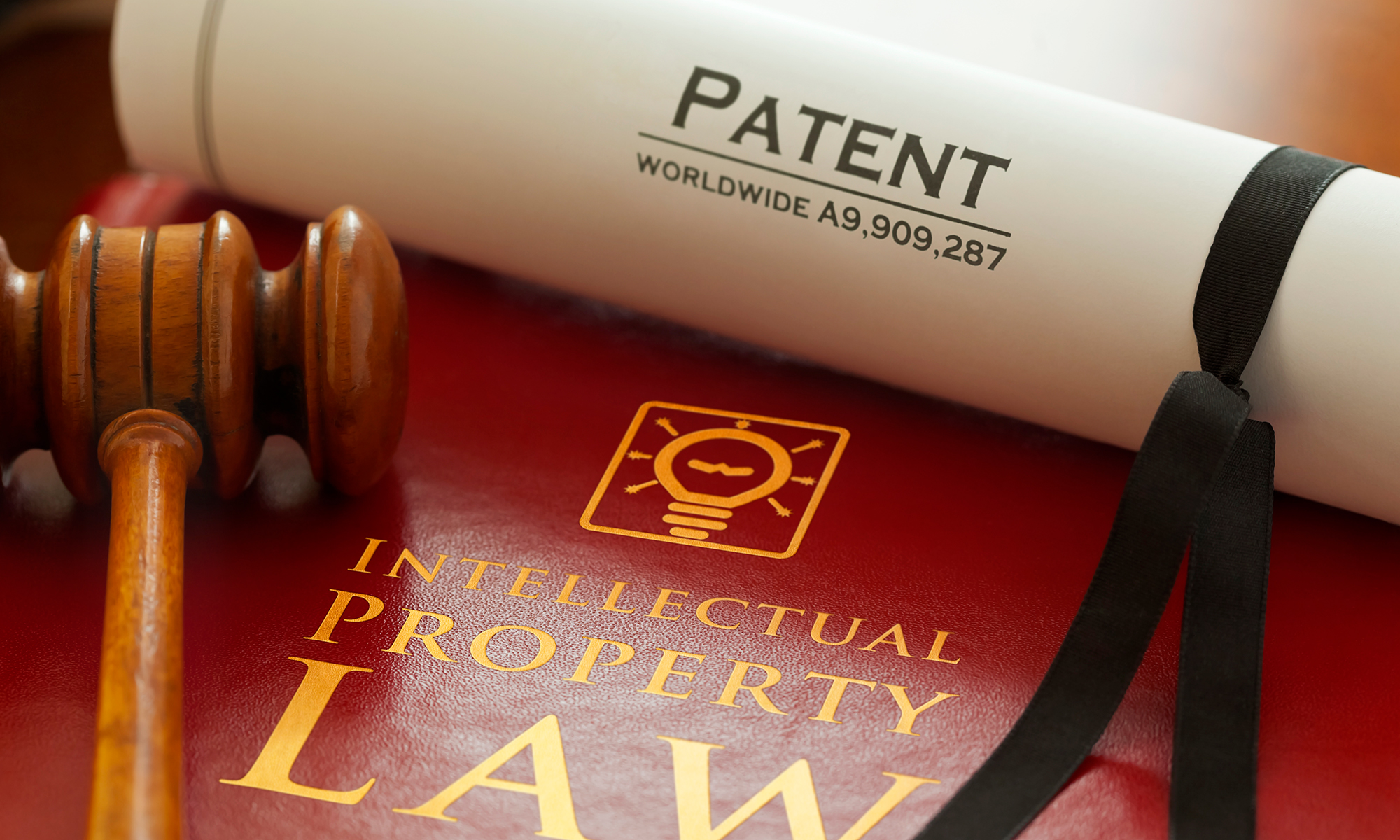Last week the PTAB sought to clarify the somewhat controversial requirement that a patent owner must “persuade the Board that the [amended] claim is patentable over the prior art of record, and over prior art not of record but known to the patent owner.” Idle Free Sys., Inc. v. Bergstrom, Inc., IPR2012-00027, Paper 26, 7 (PTAB June 11, 2013). Some PTAB commentators had previously suggested that a patent owner should go so far as to submit a certified prior art search in order to demonstrate good faith compliance with the broad language of Idle Free. This requirement is one of many which makes it extremely difficult for a patent owner to successfully amend claims at the PTAB. (For our full discussion of a Motion to Amend Claims, click here). Continue reading “PTAB Clarifies Meaning of “Prior Art … Known to the Patent Owner””
Patent Owner Challenges Under 35 U.S.C. § 325(d)
One issue commonly raised by a patent owner in their Preliminary Response is the Board’s ability to deny institution because the petitioner’s proposed grounds are premised on prior art previously considered by the U.S. Patent and Trademark Office. The patent owner argues that the prior art at issue was previously raised during prosecution, in a reexamination, or in a prior petition for inter partes review of the challenged patent. Under 35 U.S.C. § 325(d), the Board has discretion to deny a petition where it is based on arguments and prior art already seen at the PTO:
“In determining whether to institute or order a proceeding … the Director may take into account whether, and reject the petition or request because, the same or substantially the same prior art or arguments previously were presented to the Office.” 35 U.S.C. § 325(d).
Continue reading “Patent Owner Challenges Under 35 U.S.C. § 325(d)”
